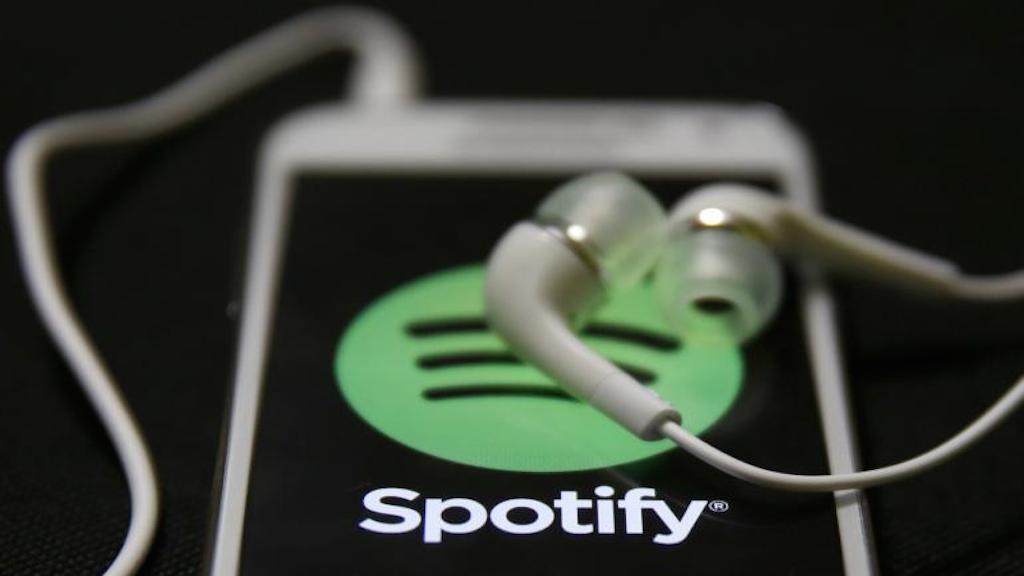Spotify says 2 million users aren't paying for its ad-free service

If you’re one of the roughly 2 million Spotify users listening to the streaming service without advertisements with modded apps or accounts, enjoy it while it lasts. Spotify knows what you’re doing and it isn’t pleased.
Spotify announced earlier this month that it would begin cracking down on users whom it believes are pirating the streaming service, sending notices to users that their account has been suspended. (Users with suspended accounts can still reactivate their account on another device once Spotify determines that the new device isn’t using any illicit software.)
The news today is that what was believed to be a relatively small amount of users stealing Spotify’s Premium service without paying for it actually turns out to be a large percentage of Spotify’s business – around 2% of Spotify’s 157 million active users.
The numerical data comes by way of Reuters who cites a regulatory filing by Spotify before its upcoming IPO.
How can I get a free Spotify Premium account?
Head over to Spotify’s website and sign up for Spotify Premium free for 30 days because you're a good upstanding citizen who doesn't steal content.
What Spotify is upset about, obviously, is people illegally accessing Spotify Premium without paying for it by downloading modded versions of the software that remove some of the restrictions of free accounts, ultimately allowing them to skip straight over the ads.
It's upsetting for Spotify who depends on either the ad revenue from its free users or a paying subscriber’s subscription fee to keep the business afloat.
Sign up for breaking news, reviews, opinion, top tech deals, and more.
So while 2% of 157 million users may not sound like it has the potential to sink the ol’ ship Spotify, that would equate to around $20 million that the service is missing on out each month – a large sum that could potentially be used to pay artists more than $0.0001 per stream ... I mean, but maybe not.
Via The Verge
- Don't miss our Apple Music vs Spotify showdown

Nick Pino is Managing Editor, TV and AV for TechRadar's sister site, Tom's Guide. Previously, he was the Senior Editor of Home Entertainment at TechRadar, covering TVs, headphones, speakers, video games, VR and streaming devices. He's also written for GamesRadar+, Official Xbox Magazine, PC Gamer and other outlets over the last decade, and he has a degree in computer science he's not using if anyone wants it.